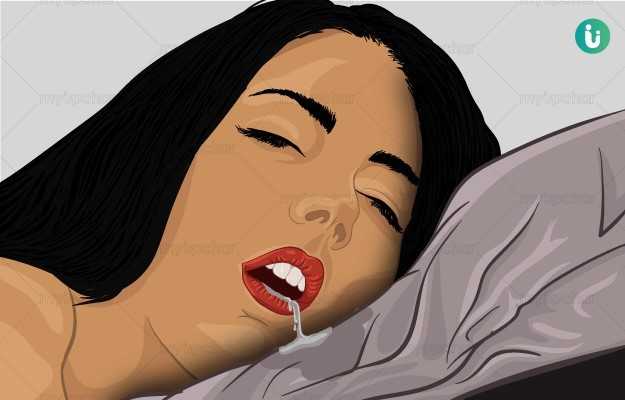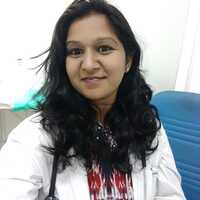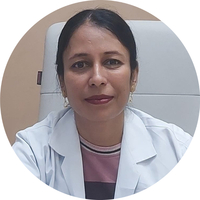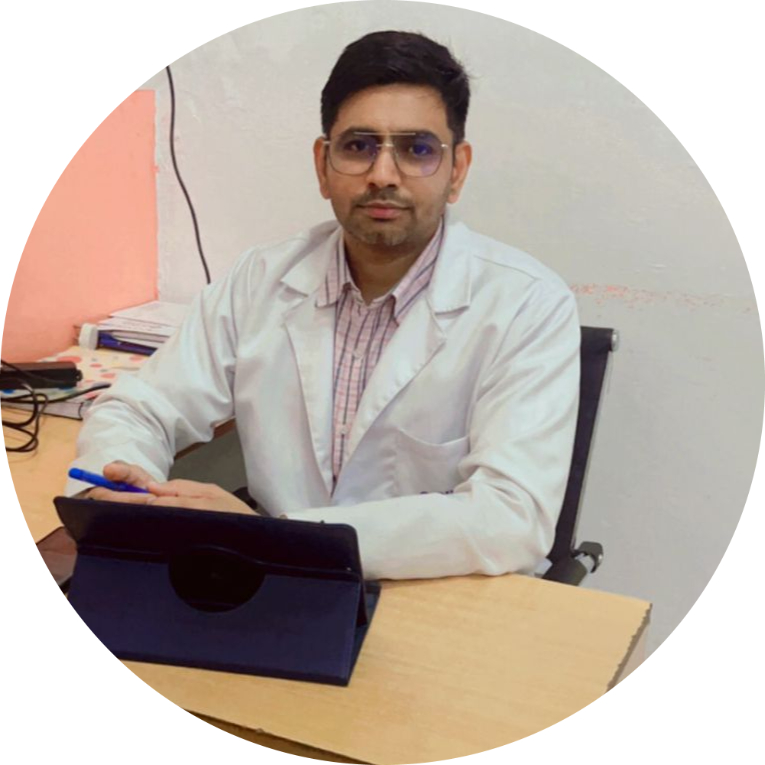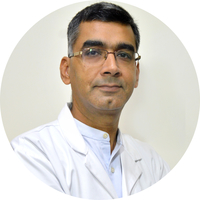Saliva is a bodily fluid with a unique composition. It is made up of 98% water. The other 2% comprises substances like mucus, electrolytes, enzymes and certain antibacterial compounds. Saliva plays a crucial role in digestion as well as oral health. A healthy person may produce anywhere between 750 ml to 1.5 litres of saliva in a day.
Sometimes, the salivary glands produce more saliva than usual. When this saliva gets accumulated in the mouth cavity, it may start to drip from the lower lip. This condition is called hypersalivation. It may be temporary or chronic, depending upon the underlying cause. Hypersalivation is also called ptyalism or sialorrhea.
A wide range of conditions may cause hypersalivation. For example
- Pregnancy
- Oral inflammation
- Infections in the mouth
- Cavities (dental caries)
- Eating chillies (exposure to capsaicin)
- Exposure to pesticides
- Mercury poisoning
- Snake poisoning
- Some medication like anticonvulsants
- Gastroesophageal reflux
Treatment depends on the cause but may involve medicines, therapy (including therapy to help patients use the muscles of their mouth and throat better) and in some cases, surgery. Read on to know more.

 Doctors for Hypersalivation
Doctors for Hypersalivation  OTC Medicines for Hypersalivation
OTC Medicines for Hypersalivation

